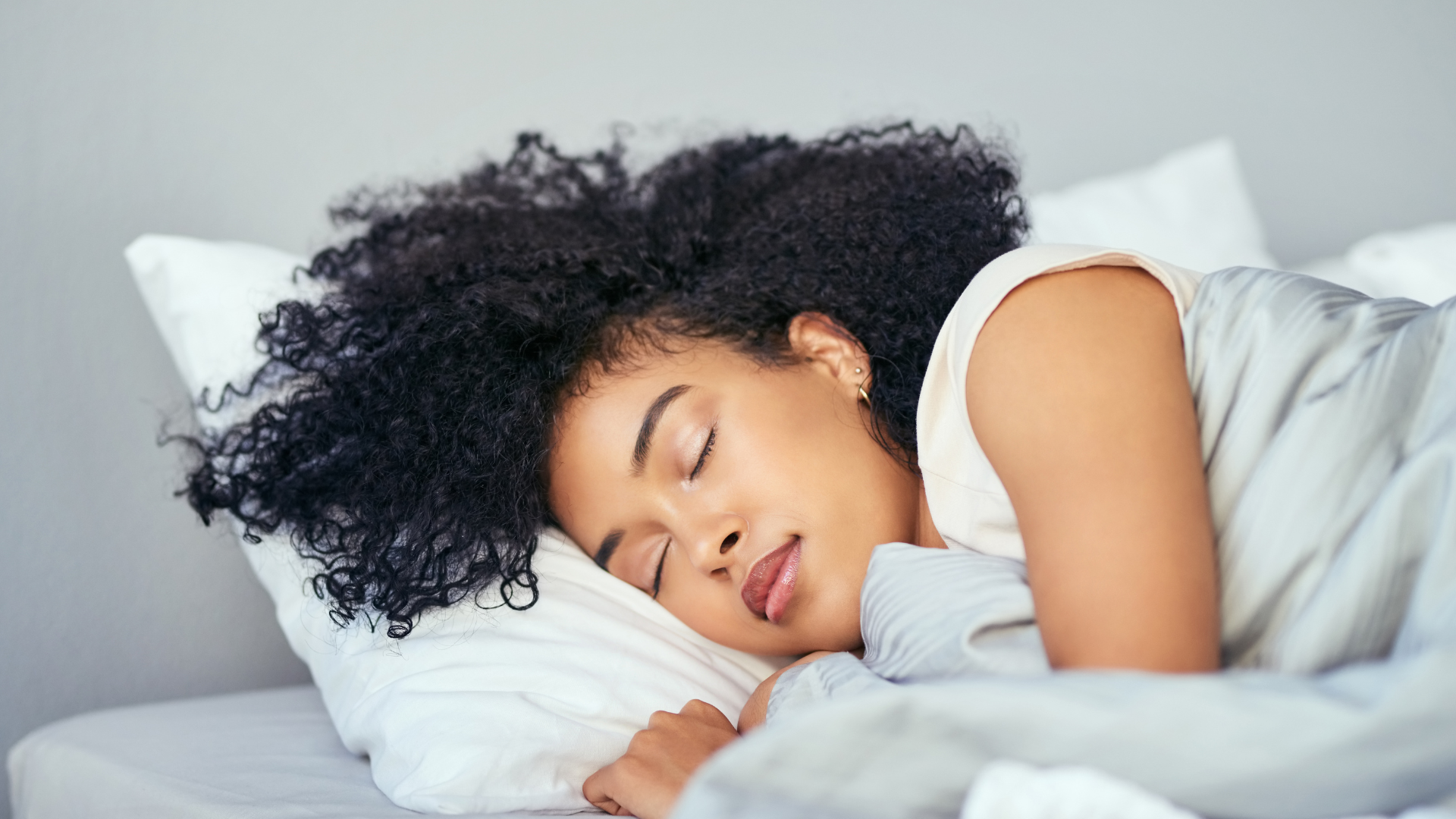How To Improve Your Sleep - The Importance Of A Good Night’s Sleep
Sleep is an altered state of consciousness where we have limited interactions with our surroundings and are relatively quiet and still (at least most of us, I hope). But contrary to popular belief, our brains are booming with activity while we sleep, performing many vital functions. Sleep is integral to every process in the human body. It affects our physical and mental functioning, and our capacity to fight off disease and develop immunity. Sleep is indeed interdisciplinary because it touches every aspect of health.

Bad sleep is a modern-day epidemic. Life happens, stress builds up, and we find ourselves sleepless or not able to get really good, deep sleep. Fortunately, there are ways to improve our sleep.
What Is Preventing Us From Getting A Good Night’s Sleep?
Many factors can interfere with a good night's sleep. Work stress and family responsibilities- it all adds up, until it starts affecting our sleeping patterns. It's no wonder that quality sleep is sometimes elusive and hard to achieve.
You might not be able to control all the factors that hamper your sleep. However, you can adopt practices that promote better quality sleep.
Biohacks For Better Sleep
These are some of the things you can do to help your brain adopt a good sleeping schedule:
- Work out so your body produces more sleep hormones.
- Have a sleep-friendly and balanced diet.
- Cover your eyes, turn the lights off, and use earplugs.
- Keep your bedroom clean and fresh.
- Wash your pillow and the beddings. Don’t use strong-smelling softeners.
- Take sunlight therapy.
- Maintain a sleeping and waking up schedule.
- Limit your consumption of alcohol, nicotine, and sweets.
- Meditate
- Use highly effective sleep supplements, like melatonin.
- Use red light therapy.
How Does Our Diet Impact Our Sleep?
It is well-known that certain substances, such as caffeine, can affect the onset of sleep in a negative way. On the other hand, evidence is growing that shows how other foods like tart cherries, kiwi, fatty fish, and malted milk may have beneficial effects on sleep. More recently, studies have demonstrated that healthy dietary patterns overall could be associated with longer sleep duration and shorter time to fall asleep.
Meditation is a form of mental biohacking that promotes relaxation, awareness, and focus. And no, it doesn’t have to include humming or chanting. It’s basically a breathing skill that helps you clear your mind, oxygenate your body and even slow your heart rate.
Some studies show mindfulness meditation is a useful short-term solution for sleep disturbances. Others have found that people who practice mindfulness have a lower incidence of insomnia, depression, and fatigue. That’s because meditation can relax your nervous systems, which lowers your heart rate and blood pressure.
There are plenty of resources available to help you practice mindfulness and meditation, including apps and websites. Ideally, you should practice it for around 20 minutes a day and focus on your breathing.
Plan Out A Sleep Schedule And Stick To It
Set aside no more than eight hours for sleep. The recommended amount of sleep for a healthy adult is at least seven hours. Most people don't need more than eight hours in bed to be well rested.
Go to bed and get up at the same time every day, including on weekends. Being consistent reinforces your body's sleep-wake cycle. Your body needs to be trained on how to behave.
If you don't fall asleep within about 20 minutes of going to bed, leave your bedroom and do something relaxing. Read or listen to soothing music. Go back to bed when you're tired. Repeat as needed, but continue to maintain your sleep schedule and wake-up time.
How Does Screen Time Affect Our Sleep?
There is evidence to show that screen use right before bed could impact sleep. One reason is that the blue light emitted from these devices can affect the secretion of melatonin, the hormone that helps signal to the body that it is time to fall asleep. Other reasons include the content of what is on the screen. If you watch a scary movie, read an emotionally-driven article, or consume any other anxiety-producing content on your screen, it can affect your ability to fall asleep. Sleep clinicians recommend putting away all screens at least one hour before bed and instead doing some light reading or other relaxing activity.
Your genes could influence your sleeping patterns. That’s right, researchers have found that insomnia could be an inherited trait. These traits have been shown in twin studies, and a 2018 study showed that insomnia is partially heritable. Researchers also found genetic links between insomnia and type II diabetes.
DNA Tests To Pin-Point The Root Cause Of Insomnia
Home DNA tests are a good method to help you biohack many areas of your lifestyle, including sleep. Some tests analyze your genetic predisposition to insomnia, so you can find out if this trait may have been handed down to you by your parents.
If this short biohacker guide we made here proves anything, it’s that there are many means to achieve good sleep for a duration of recommended 6-8 hours. There isn’t a one-size-fits-all approach, which is something biohacking acknowledges.
So, whether it’s increasing the fiber in your diet to improve the health of your gut microbiome, or changing the time of day you usually exercise, there are a bunch of changes you could enforce in order to make your night’s sleep count.





